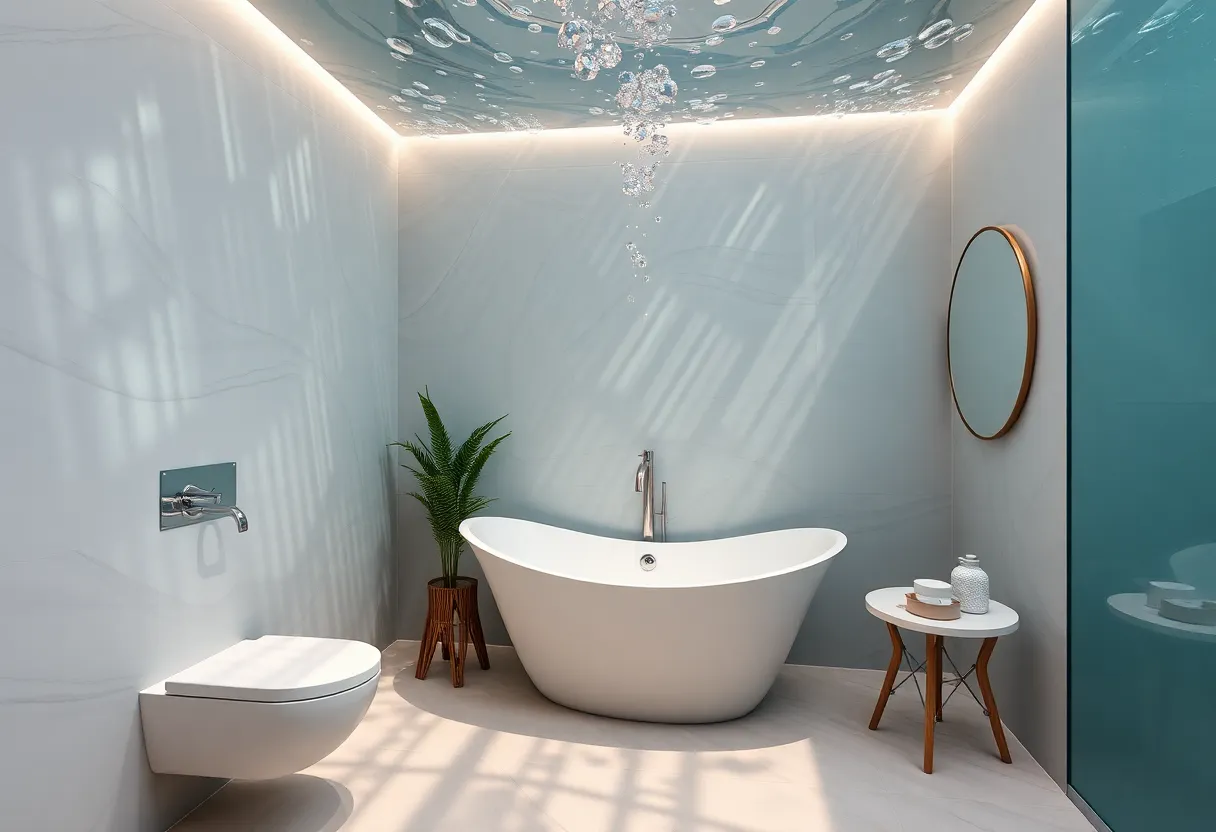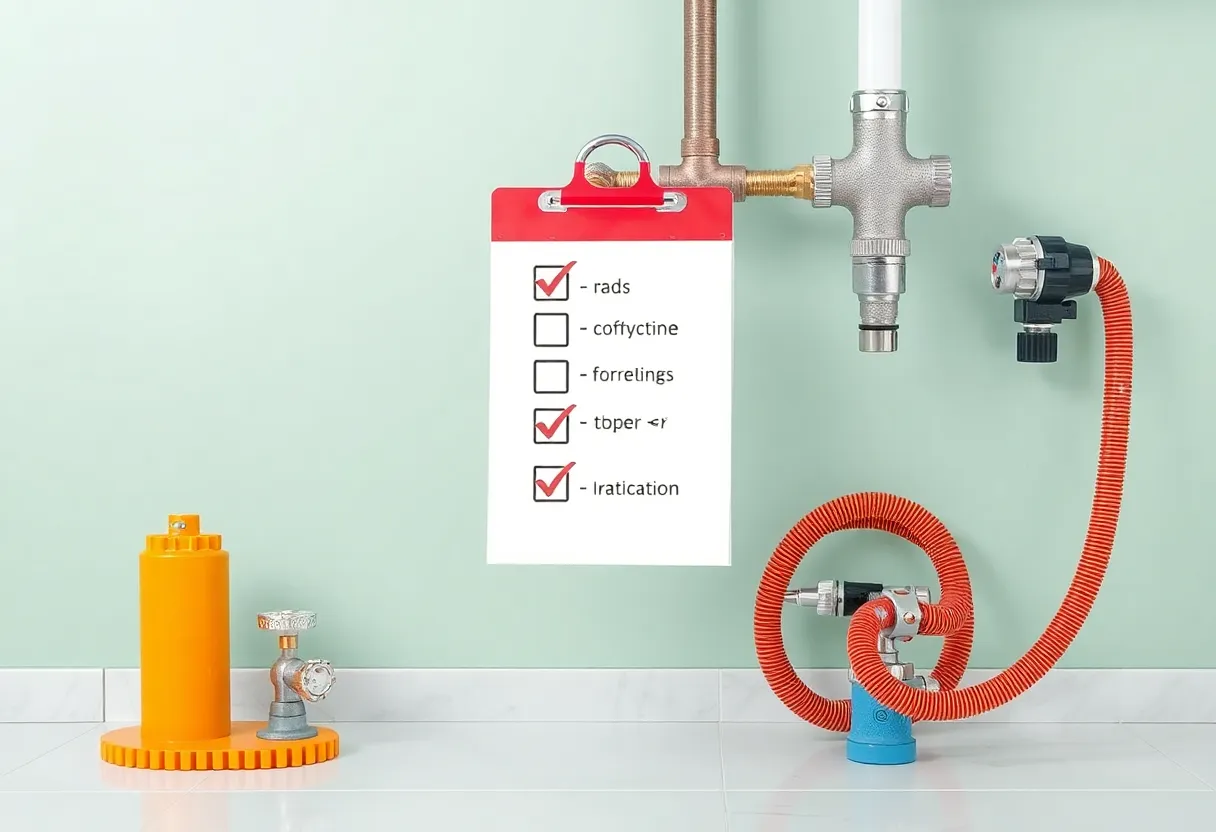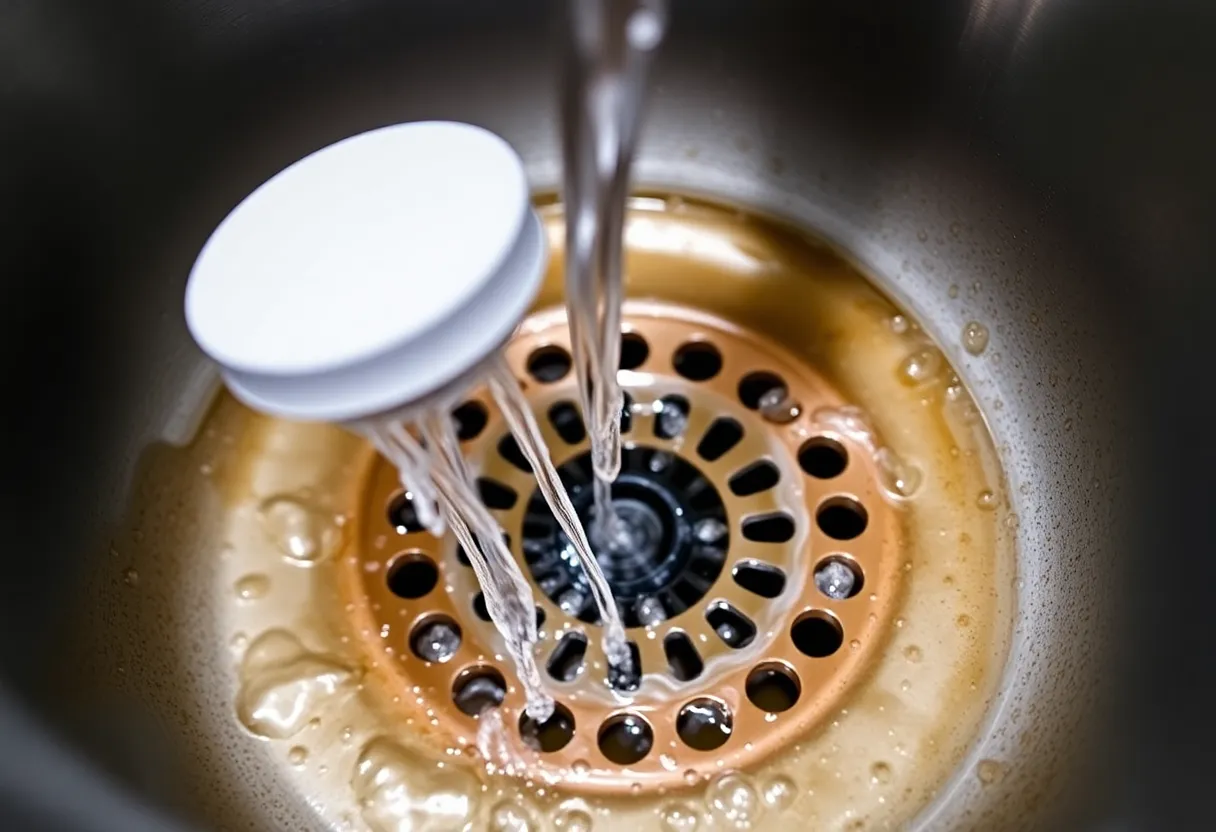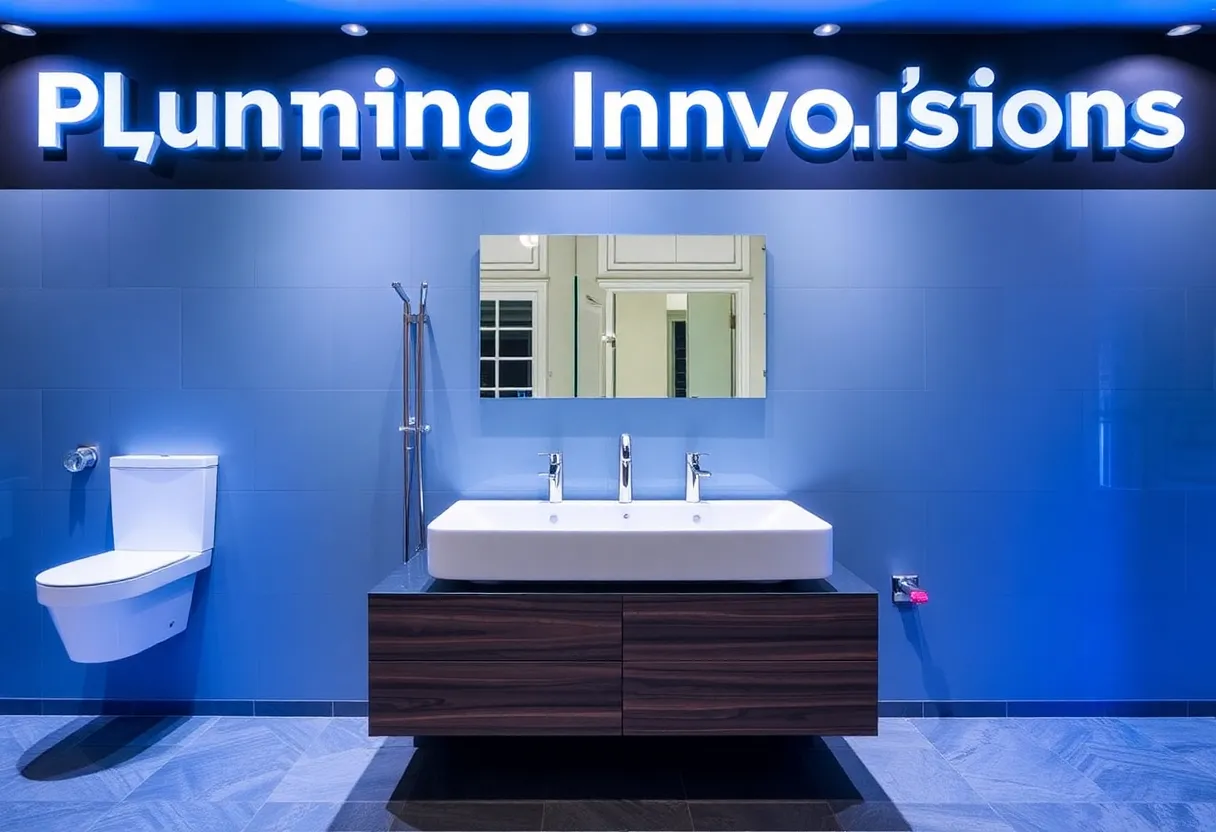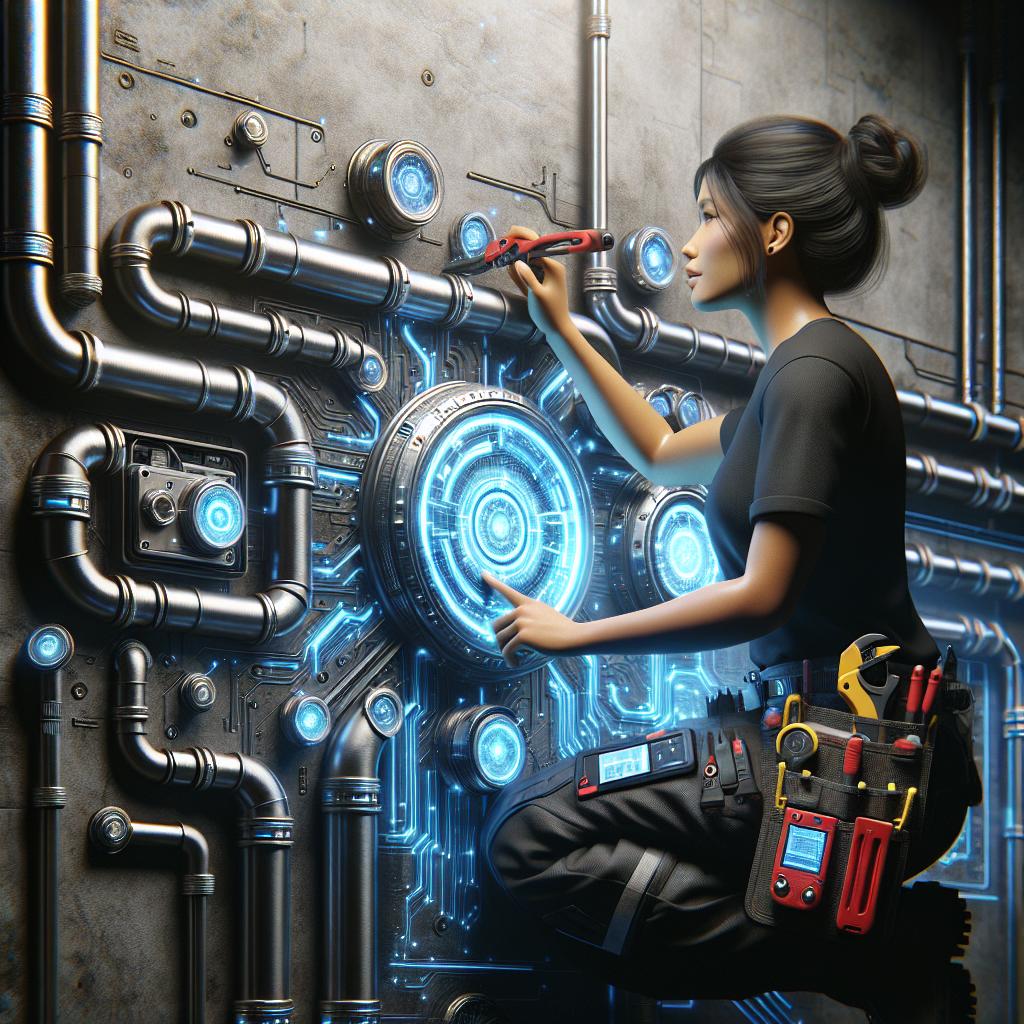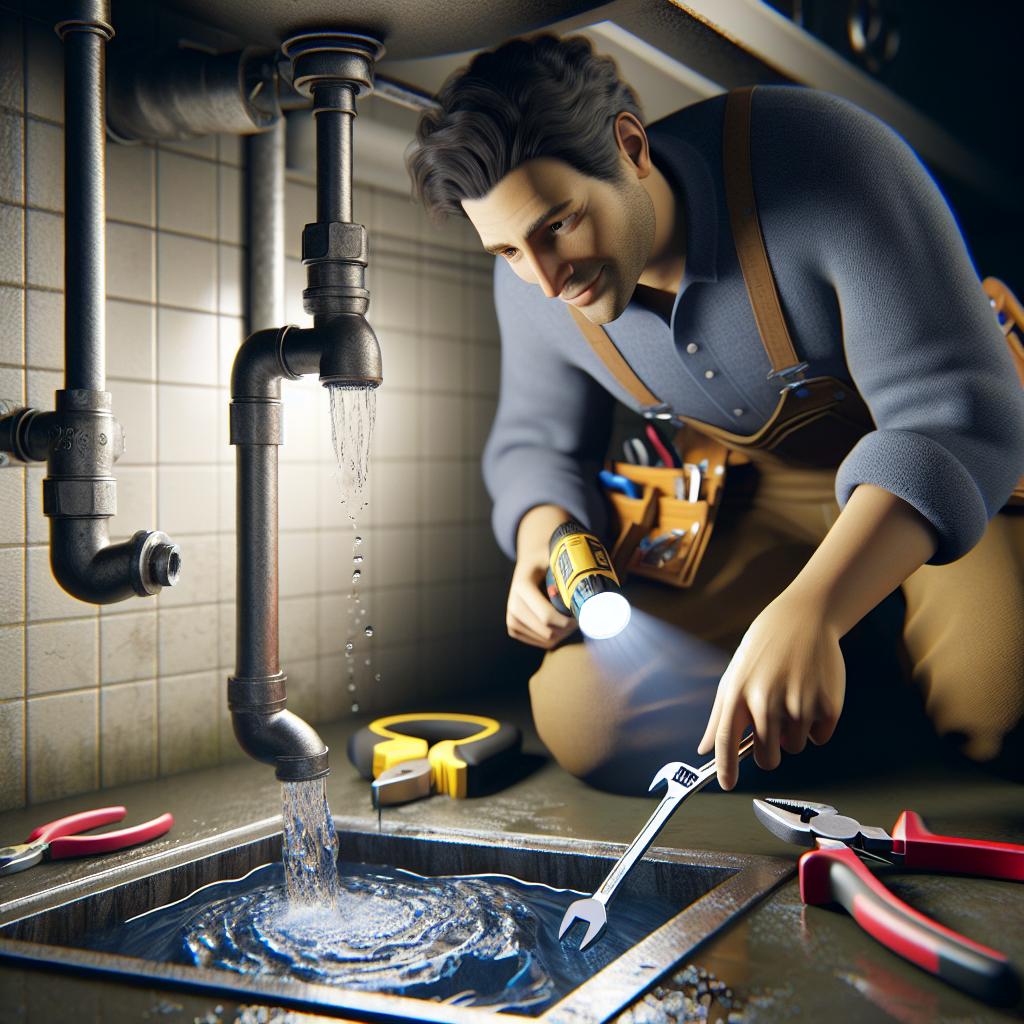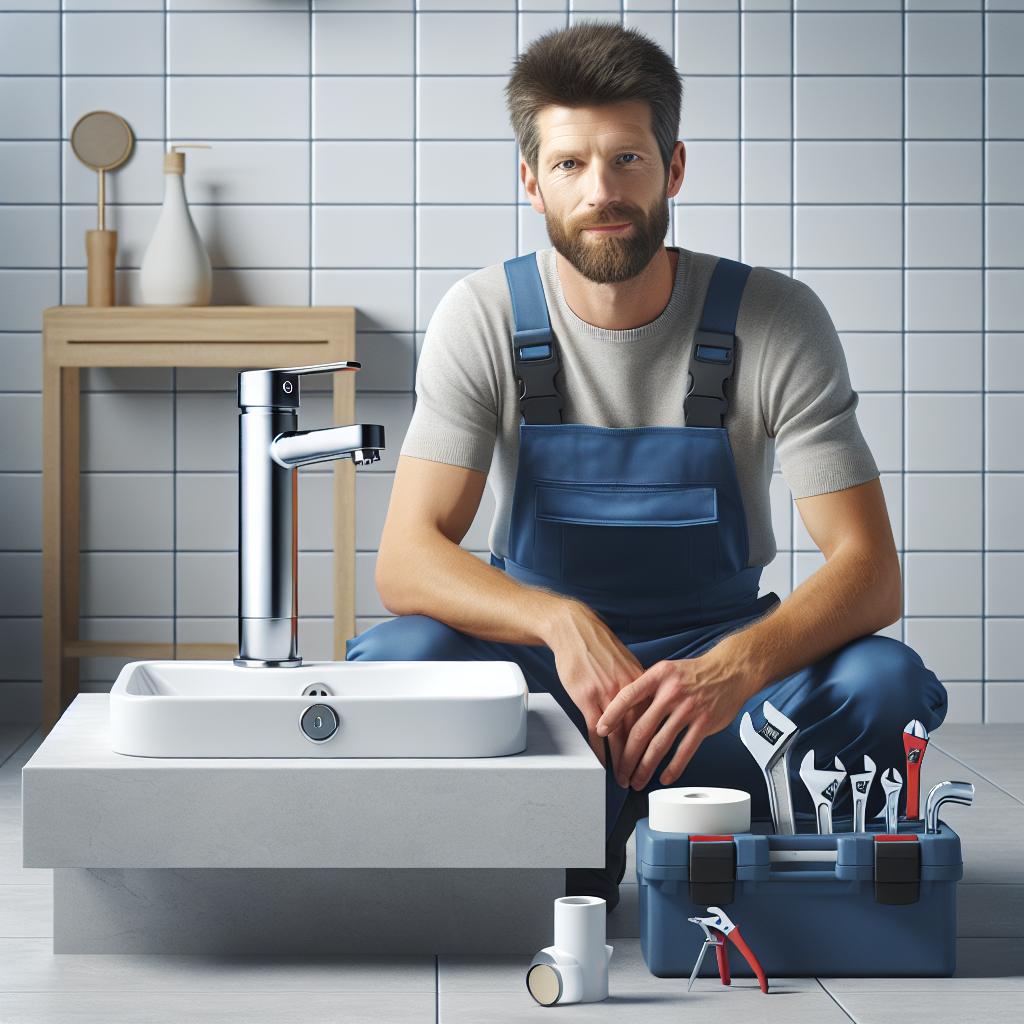Plumbing Pitfall: 8 Surprising Reasons Your Stylish Bathroom Might Be Lurking Underwater
The bathroom is often regarded as a tranquil escape within our homes, a haven where style meets functionality. However, even the most aesthetically pleasing bathrooms can be hiding some unfortunate plumbing issues. Understanding the potential pitfalls can help you maintain that stylish look without the lurking chaos of water damage. Here, we will explore 8 surprising reasons your stylish bathroom might be lurking underwater. Let’s dive in!
1. Hidden Leaks
One of the most common yet detected reasons for water pooling in your bathroom is hidden leaks. These sneaky leaks often go unnoticed until substantial damage has already occurred. A leak might arise from:
- Loose fittings
- Cracked pipes
- Displace seals on fixtures
Regardless of where the leak originates, it is crucial to check areas behind walls, under flooring, and around plumbing fixtures regularly. Moreover, utilizing a moisture meter can help detect hidden moisture that may point to a potential leak.
2. Poor Drainage Design
Your beautifully designed bathroom may have aesthetic appeal, but if the drainage design is flawed, you might be facing big problems. Common signs of poor drainage include:
- Slow draining sinks or tubs
- Water pooling around the base of fixtures
- Frequent clogs
To ensure effective drainage, consult a plumbing professional to evaluate the design and make necessary adjustments. _Improper slope angles_ or *incorrectly sized pipes* can contribute to drainage overflow problems.
3. Corroded Pipes
Corrosion can occur in older plumbing materials, and it can lead to *serious leaks.* If your bathroom plumbing is made from outdated materials such as galvanized steel or iron, chances are they may start to corrode, thus weakening the structure of your pipes. This decay often results in:
- Rust buildup
- Leaking pipes
- Staining on bathroom walls and fixtures
It’s advisable to consider replacing old plumbing with modern materials like PVC or copper, which have better corrosion resistance and longer lifespans.
4. Toilet Malfunctions
Toilets are vital components of any stylish bathroom, but when they malfunction, they can unleash unexpected water problems. A few common issues include:
- Running toilets
- Leaking from the base
- Clogged tanks
_Running toilets_ can waste a significant amount of water, leading to unnecessary water bills and increasing the likelihood of overflows. Regular maintenance and promptly addressing issues are crucial to a functional and stylish bathroom.
Fixing Toilet Issues
Diagnosing and fixing toilet problems doesn’t require a plumbing degree. For basic issues like a running toilet, check the flapper valve, flush handle, and water level in the tank—often adjustments can resolve the issue quickly.
5. Overflowing Bathtubs and Sinks
Everyone likes to relax in a full bathtub, but an overflowing tub can spell disaster in your bathroom. Here’s what can lead to this issue:
- Blocked overflow drains
- Faulty pop-up drain assemblies
- Clogs in the drainpipe
Regular cleaning and checking of _overflow drains_ and *drain assemblies* is crucial, especially if your bathtub features built-in jets or complicated plumbing connections that require special attention.
Preventing Overflows
To prevent overflows, consider implementing a timer system for your tub filling process or invest in smart bathroom devices that can monitor water levels. Keeping a close eye on your bathroom during bath times can also avoid _catastrophic spills_.
6. Faulty Showerheads and Faucets
Sleek showerheads and faucet designs add sophistication to your bathroom but can also be culprits when it comes to leaking and water waste. _Dripping faucets_ and showerheads create more than just nuisance sounds—they can lead to:
- Increased water bills
- Water pooling
- Potential mold growth
Maintaining and replacing worn-out seals and washers is a must to keep these fixtures functioning smoothly. It’s a relatively simple task that can save you money and headaches.
Choosing Quality Fixtures
Investing in high-quality fixtures will not only add to your bathroom’s elegance but also reduce the chances of plumbing issues over time. Look for products with strong warranties and reviews praising their durability and performance.
7. Caustic Chemicals in Drain Cleaners
While it might seem tempting to treat your bathroom plumbing with caustic drain cleaning agents, these chemicals can have adverse effects. Over time, they can erode pipes, leading to:
- Leaking
- Corrosion
- Expensive repairs
Instead of reaching for chemical solutions, consider using natural alternatives or encouraging your plumber to provide professional cleaning services. This can help maintain your pipes’ integrity while ensuring your bathroom remains stylish.
Natural Drain Cleaning Solutions
Consider solutions such as vinegar and baking soda or hot water with salt—these are less harsh on your plumbing and far less likely to lead to disastrous outcomes!
8. Inadequate Ventilation
It’s easy to overlook ventilation in the design of your bathroom, but this is an essential aspect that should never be disregarded. Inadequate ventilation can lead to:
- Mold growth
- Excess moisture
- Health issues
A properly ventilated bathroom reduces humidity levels, effectively lowering the risk for slips and falls due to water pooling, mold development, and general discomfort during daily routines.
Improving Bathroom Ventilation
Installing an exhaust fan can drastically reduce humidity levels. Additionally, leaving windows open during use and ensuring they are correctly sealed can greatly enhance airflow and prevent moisture accumulation.
Final Thoughts
A stylish bathroom shouldn’t be synonymous with hidden plumbing pitfalls. If you catch potential issues early, you can avoid severe damage and costly repairs while maintaining your serene personal space. Understanding the potential signs of plumbing problems and adopting proactive maintenance measures can go a long way. So keep a vigilant eye on:
- Hidden leaks
- Poor drainage design
- Corroded pipes
- Toilet malfunctions
- Overflowing bathtubs and sinks
- Faulty showerheads and faucets
- Inadequate ventilation
With the knowledge of these surprising reasons your bathroom might be lurking underwater, you can confidently enjoy your stylish sanctuary without fear of hidden plumbing issues. Always remember that timely maintenance equals long-lasting beauty in your space.




